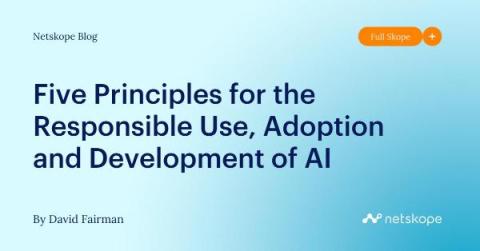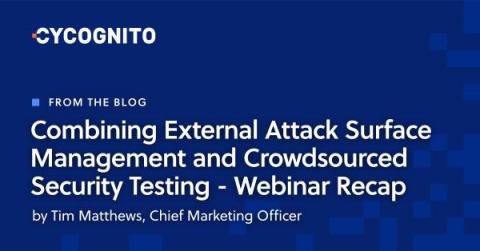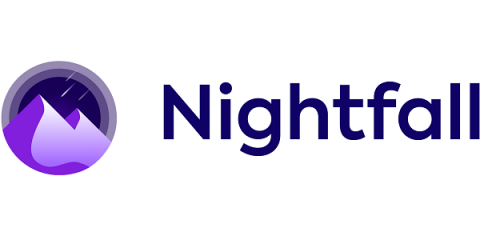Security Flaws within ChatGPT Ecosystem Allowed Access to Accounts On Third-Party Websites and Sensitive Data
Salt Labs researchers identified generative AI ecosystems as a new interesting attack vector. vulnerabilities found during this research on ChatGPT ecosystem could have granted access to accounts of users, including GitHub repositories, including 0-click attacks.










